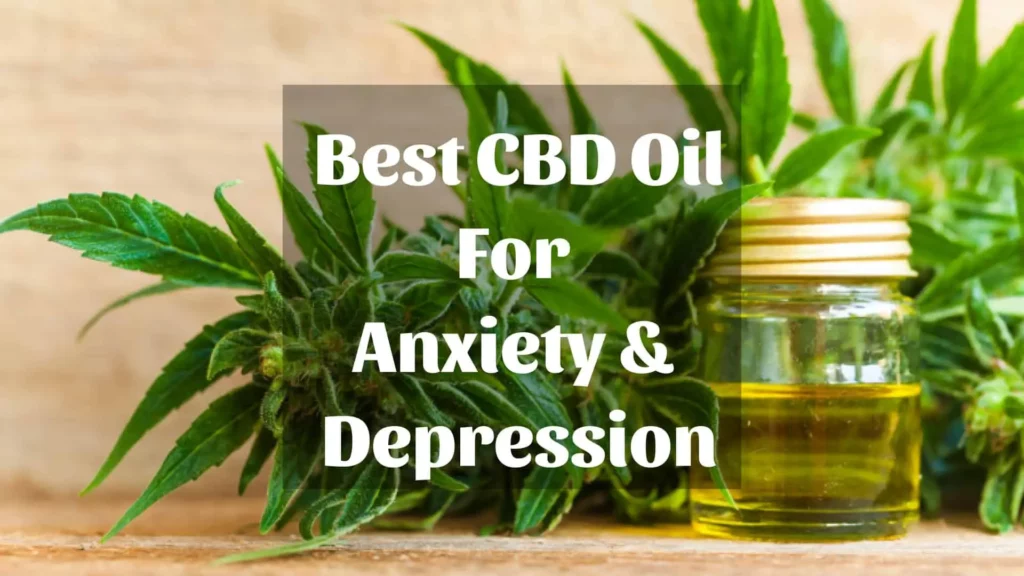Introduction
CBD (cannabidiol) has gained significant attention in recent years for its potential therapeutic benefits. One area where CBD has shown promise is in pain management. But is CBD really good for pain? In this comprehensive guide, we will explore the relationship between CBD and pain, examining the scientific evidence, potential mechanisms of action, and practical considerations. Whether you’re seeking alternative pain relief options or simply curious about the potential benefits of CBD, this guide aims to provide you with a well-rounded understanding of the topic.
I. Understanding Pain
Before delving into CBD’s potential benefits for pain, it’s essential to have a basic understanding of pain itself. Pain is a complex sensory and emotional experience that can result from various causes, including injury, inflammation, or underlying health conditions. It can be acute or chronic, and it can significantly impact a person’s quality of life. Traditional approaches to pain management often involve the use of nonsteroidal anti-inflammatory drugs (NSAIDs), opioids, or other pharmaceuticals. However, these medications can carry risks and side effects, leading many individuals to seek alternative solutions.
II. How CBD Interacts with the Body
CBD is a naturally occurring compound found in the cannabis plant. Unlike its cousin THC (tetrahydrocannabinol), CBD does not have psychoactive effects and is not associated with feelings of intoxication or euphoria. CBD interacts with the body’s endocannabinoid system (ECS), a complex network of receptors and molecules involved in regulating various physiological processes, including pain sensation, inflammation, and immune response. By interacting with ECS receptors, CBD may modulate these processes and potentially alleviate pain.
III. Scientific Evidence
Preclinical Studies
- Numerous preclinical studies, primarily conducted on animals, have shown promising results regarding CBD’s potential analgesic (pain-relieving) effects. These studies suggest that CBD may reduce pain by interacting with vanilloid receptors, serotonin receptors, and other receptors involved in pain signaling pathways.
Clinical Trials
- Although there is still a need for more large-scale, well-controlled clinical trials, some studies have examined the effects of CBD on pain in humans. For example, a study published in the European Journal of Pain found that CBD applied topically reduced pain and improved sleep in individuals with peripheral neuropathy.
Chronic Pain Conditions
- CBD has shown potential benefits for various chronic pain conditions, including arthritis, fibromyalgia, multiple sclerosis-related pain, and neuropathic pain. Some individuals report experiencing reduced pain intensity and improved quality of life after using CBD.
IV. Mechanisms of Action
While the exact mechanisms underlying CBD’s pain-relieving effects are not fully understood, researchers propose several possible mechanisms, including:
- Interacting with receptors involved in pain modulation, such as vanilloid receptors and serotonin receptors.
- Reducing inflammation by inhibiting inflammatory molecules.
- Modulating the activity of neurotransmitters involved in pain signaling.
- Enhancing the endocannabinoid system’s function, which plays a role in pain regulation.
V. Practical Considerations
CBD Products
CBD is available in various forms, including oils, tinctures, capsules, topicals, and edibles. Each delivery method has its own absorption rate and duration of effects, so it’s important to choose a product that aligns with your specific needs and preferences.
Dosage
- Determining the appropriate CBD dosage for pain management can be challenging. It’s advisable to start with a low dosage and gradually increase until you find the optimal balance between pain relief and minimal side effects. Consulting with a healthcare professional experienced in CBD use can provide valuable guidance.
- Quality and Safety
- Whenselecting CBD products for pain relief, it’s crucial to prioritize quality and safety. Consider the following factors
- Choose CBD products from reputable brands that provide third-party lab testing to ensure product quality and consistency.
- Look for products that use organic hemp and employ CO2 extraction methods, which yield high-quality CBD extracts
- Check for the presence of a Certificate of Analysis (COA) that verifies the product’s cannabinoid content and absence of contaminants like pesticides, heavy metals, or residual solvents.
Legal Considerations
- CBD regulations vary by country and state. Ensure that CBD is legal in your jurisdiction before purchasing or using CBD products for pain relief. Familiarize yourself with local laws and regulations to stay compliant.
Potential Side Effects
- While CBD is generally well-tolerated, some individuals may experience mild side effects such as fatigue, dry mouth, or changes in appetite. Monitor your body’s response to CBD and adjust the dosage if needed.
Holistic Approach
CBD should not be seen as a standalone solution for pain management. It is important to adopt a holistic approach that includes healthy lifestyle choices, such as regular exercise, a balanced diet, stress management techniques, and appropriate medical treatment as advised by healthcare professionals.
VI. Personal Considerations
Each individual’s experience with CBD for pain relief may vary. Factors such as the type and severity of pain, individual body chemistry, and overall health can influence the effectiveness of CBD. It’s advisable to keep a pain journal to track your pain levels, CBD dosages, and any changes in symptoms over time. This can help you identify patterns and determine what works best for you.
VII. Consultation with Healthcare Professionals
If you’re considering using CBD for pain management, it’s recommended to consult with a healthcare professional, especially if you have any underlying medical conditions, take other medications, or are pregnant or breastfeeding. They can provide personalized advice and help you navigate any potential interactions or contraindications.
Conclusion
CBD shows promise as a potential option for pain relief, offering an alternative to traditional pain medications. While scientific research is ongoing, preclinical and limited clinical evidence suggests that CBD may have analgesic properties and can potentially alleviate pain associated with various conditions. However, it’s important to approach CBD for pain management with realistic expectations, understanding that its effects may vary from person to person. By considering factors such as product quality, dosage, safety, and consulting with healthcare professionals, individuals can make informed decisions regarding the use of CBD for pain relief. Remember, CBD should be used as part of a holistic approach to pain management, complemented by healthy lifestyle choices and appropriate medical care.

